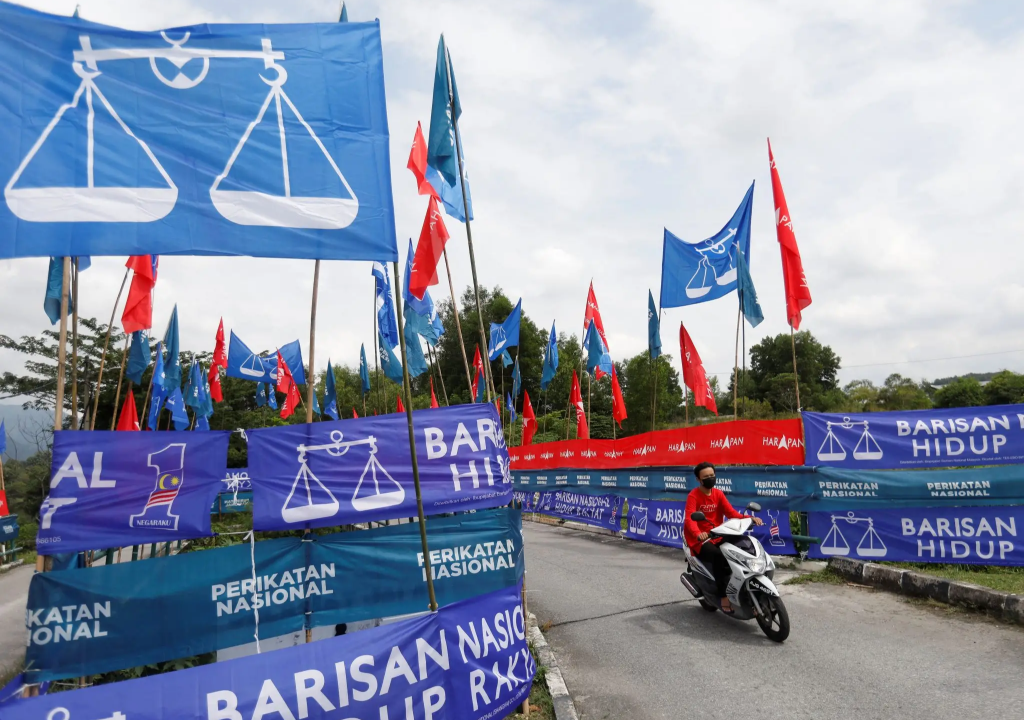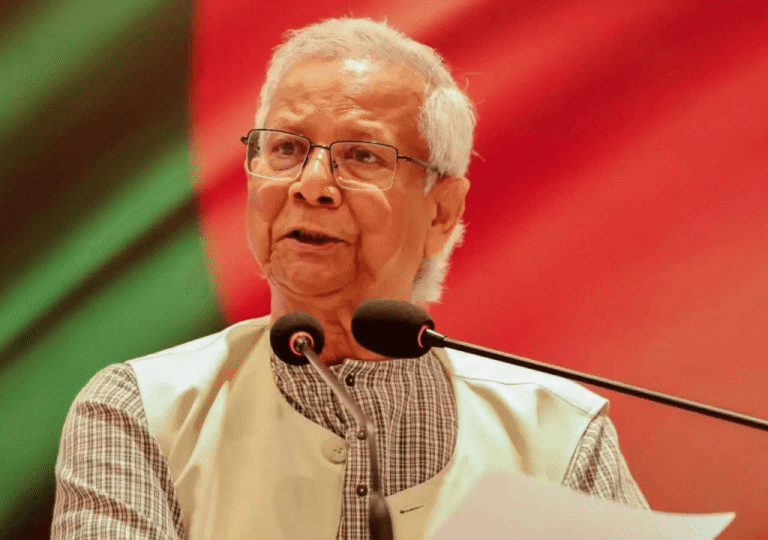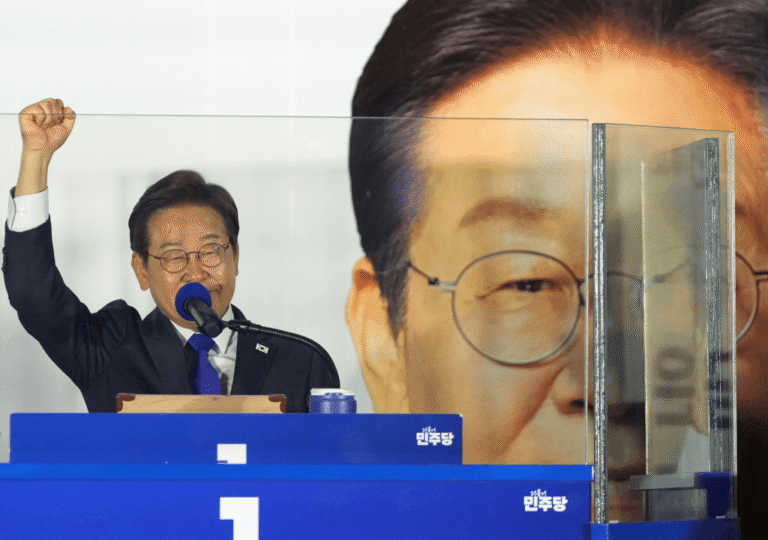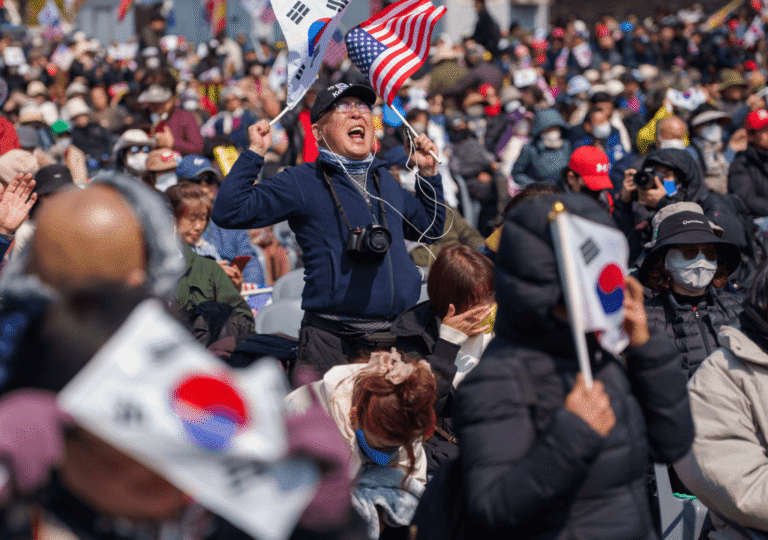Democracy stands as a noteworthy human accomplishment, and nations embracing democratic principles are often commended as progressive nations. Nonetheless, the escalating expenses associated with democratic processes, particularly the growing financial burden of elections, pose a significant challenge for public funds in many democratic nations. While essential for the functioning of a democratic system, the financial burden is considered a responsibility of democratic governments. However, if a government is unable to be formed following an election or if the tenure is prematurely terminated, it results in a substantial loss of public funds.
To address this issue, numerous countries are actively considering legislative measures to alleviate the financial strain associated with elections. These efforts aim to maintain the democratic process while minimizing the economic impact on the nation. Malaysia, having experienced the turnover of three prime ministers during the challenging period of the COVID-19 era, is reportedly contemplating the introduction of a law. This proposed legislation would enable the sitting government to complete its full term in office, mitigating the risk of unwarranted political instability and safeguarding the Malaysian economy from further disruption.
In an effort to avert any unjustified political instability, Deputy Prime Minister Datuk Seri Ahmad Zahid Hamidi declared his intention to put forth a law or policy that guarantees the government’s continuation for the duration of its mandate. Addressing the Opposition’s charges of bribery involving the Yang di-Pertuan Agong to sustain the present administration, Zahid highlighted the adverse impact of having three prime ministers during the 15th Parliamentary Session in Malaysia. This situation caused misery for the populace by upsetting the government and resulting in a lack of direction and bad management during the Covid-19 pandemic.
Zahid warned that it would be harmful to repeat such historical issues and asked the Opposition to reevaluate their strategy. He emphasized the necessity of a mental shift and the significance of political stability at trying times such as the pandemic. In order to avoid similar interruptions in the future, Zahid suggested that a government should hold office until the conclusion of its term after receiving approval from the Agong.
The proposed legislation raises doubts about its objectives; while addressing political instability and cost reduction is commendable, as a democratic measure, it may not be a straightforward law. Allowing a poorly performing government to extend its tenure and hindering the potential realignment of political alliances post-election can lead to undemocratic governance.
The 15th general election in Malaysia is reported to have cost taxpayers up to RM1.1 billion, making it the most expensive national polls to date. The substantial increase in costs, doubling the expenditure from the previous elections, was primarily driven by the inclusion of around five million new voters. The Elections Commission acknowledged this surge in costs, particularly with a record-high voter turnout. Looking ahead, there is no doubt that election costs will continue to rise, and a country cannot overlook such significant financial implications.
Enforcing a law to secure a government’s full term can offer economic stability by averting political upheaval, yet it raises concerns about potential compromises to democratic principles. Navigating the equilibrium between economic advantages and the increased threat to democratic principles, Malaysia’s proposed legislation presents a substantial challenge to the democratic framework.








